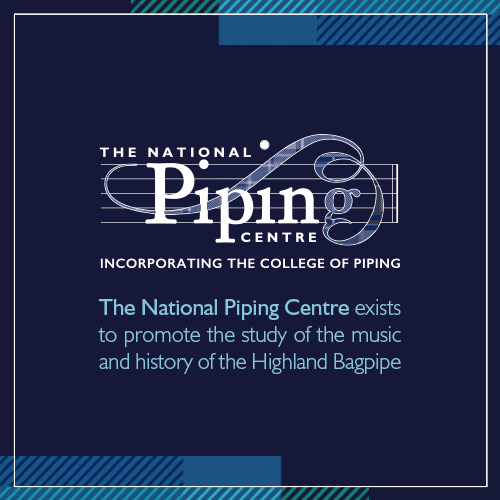
Delvinside, according to Keith Norman MacDonald (1835-1913), is one of our finest strathspeys and also one of our older ones. It is idle to speculate as to who composed it at this time of day as it has been for so long printed anonymously.
The locality of the tune has been claimed for the village of Delvin in Perthshire. But Dulnain, or Dulnan, it should be spelled, in Inverness-shire also lays claim to it. It is said that of old the River Dulnan was often called Delvin, and there were some verses attached to the tune:
Bonnie lass of Delvinside,
And bonnie lass of Delvin Water.
The air was first printed about 1760 by Alexander McGlashan, but he gives no information about it; the tune was probably not very old at that date.
It was a popular dancing tune, its rhythm suiting the steps admirably, although originally a pipe tune, it is arranged in some collections beyond the range of the pipes.

There are Gaelic verses set to the air. They are good and, what is unusual in this type of song, rise to the level of poetry. The verses deal with the romantic side of life at the shielings. We have the sweethearts enjoying the autumn evening among the hills and woods, the sun is after setting in the western sky in a blaze of glory, and the harvest moon is now rising up into view. The lovers have their intimate talk by the side of the cattle fold, and then join the others in a hearty dance on the little meadow, sheltered from the gathering mist by the pinnacles of the surrounding hills, and during all this time the cattle are sleeping quietly and contentedly around.
Leannanachd air feadh nan coilltean,
Leannanachd ’an coillna h-airidh,
Leannanachd ri gealaich bhoillsgich,
Aig a’ chrodh an raoir a bha sinn,
Dannsadh farumach air lianaig;
Ghrian ’s an aird-an-iar air tearnadh,
Ceo an fhoghair tighinn air shiath-bheinn,
Laoigh ’n an cadal ciallach samhach.
Although these verses are good, it would take a very nimble tongue to keep repeating them at the rate of five times in the minute, which would be necessary for dancing.
The tune was originally a two-parted one before another two parts were added at some stage. It has been published widely and can be found in publications such as The Scots Guards book (Volume 1), The Gordon Highlanders Collection, Vol. 1), Henderson’s Tutor and Collection, The Cairngorm Collection (Book 3), Jim McGillivray’s website and a setting attribute to John McDonald of Inverness in Joe Wilson’s A Collection Of Mainly Traditional Music For The Bagpipe.
• Here is ScottishPower playing the tune in 2015 as part of its MSR played at the 2018 UK Pipe Band Championships held in the Stormont Estate, Belfast. (The 93rd Highlanders Farewell to Edinburgh, Delvinside, Charlie’s Welcome):



